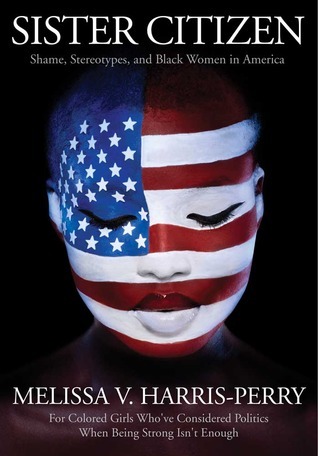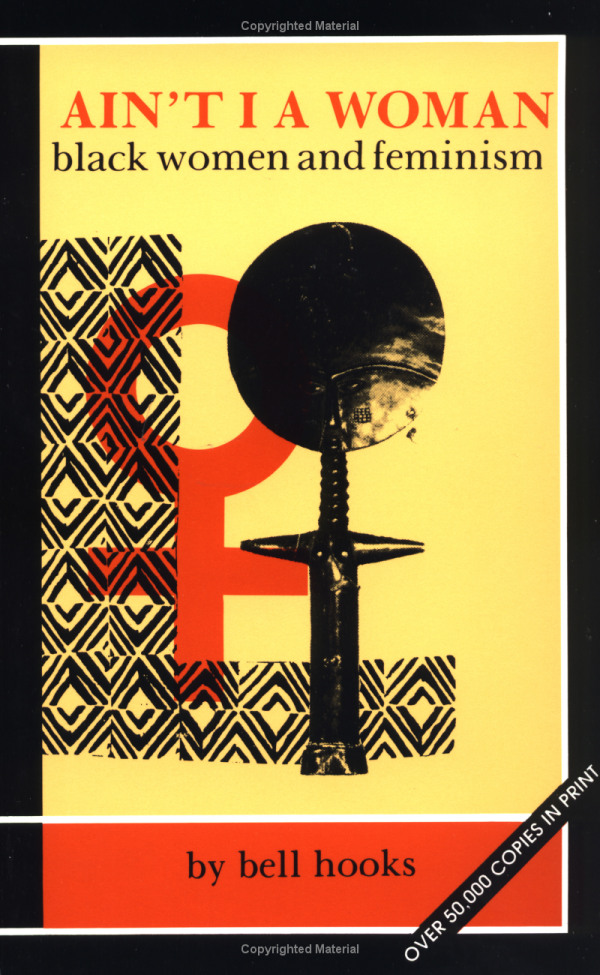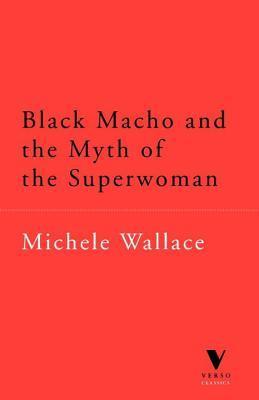
Sister Citizen: Shame, Stereotypes, and Black Women in America
Book Description
They are the citizens often overlooked, yet their voices resonate with unyielding power. In "Sister Citizen: Shame, Stereotypes, and Black Women in America," Melissa V. Harris-Perry unveils the intricate web of societal stereotypes that ensnare Black women, revealing how these narratives shape political identity and civic engagement. With razor-sharp insight, Harris-Perry confronts the emotional turmoil of shame and resilience, illustrating the profound impact of these forces on the nation’s heart. This pivotal exploration not only challenges perceptions but demands to be heard. How will the voices of the silenced redefine the fabric of American democracy?
Quick Book Summary
"Sister Citizen" by Melissa V. Harris-Perry delves into the lived experiences of Black women in America, exploring how pervasive stereotypes and chronic misrecognition shape their identity, political participation, and emotional well-being. Harris-Perry draws on history, social science, and personal narratives to analyze the effects of damaging tropes such as the Mammy, Jezebel, and Sapphire. She reveals the powerful emotional burdens—especially shame—that Black women bear as a result of society’s distorted perceptions. Harris-Perry highlights the importance of political engagement and resilience in the face of these obstacles, emphasizing Black women’s enduring quest for recognition and respect as full citizens. Ultimately, the book calls for the reclamation of Black women’s voices in shaping democracy and challenges readers to reconsider how America views and values its sisters citizens.
Summary of Key Ideas
Table of Contents
Stereotypes and the Burden of Misrecognition
Harris-Perry opens by examining the dominant stereotypes—Mammy, Jezebel, and Sapphire—that have long framed Black women in the American consciousness. These distorted images pin Black women into narrow roles, denying the complexity of their identities and experiences. By tracing the origins and resilience of these tropes, the book demonstrates how they persistently shape societal expectations, institutional policies, and interpersonal relationships, reinforcing a system that restricts both public perception and self-conception.
The Psychology of Shame and Emotional Impact
The author delves into the emotional cost of living under constant misrecognition, primarily focusing on the concept of shame. Drawing from psychology and case studies, Harris-Perry illustrates how shame becomes a collective experience, affecting the mental health, self-esteem, and civic confidence of Black women. When society repeatedly denies their individuality and humanity, Black women are pushed to internalize feelings of unworthiness or invisibility, impacting not just their sense of self, but also their willingness to engage in public discourse.
Political Identity and Engagement
Political identity forms another crucial focus. Harris-Perry argues that stereotypes and emotional burdens significantly affect Black women's political participation. She analyzes how Black women navigate American democracy, often encountering barriers to recognition and representation. Despite obstacles, Black women have historically mobilized communities, challenged injustices, and exercised agency, leveraging their unique perspectives to effect change. Their political engagement is both a site of struggle and a source of resilience.
Resistance, Resilience, and Survival Strategies
The book recognizes the survival strategies that Black women have developed to resist marginalization and assert their dignity. Harris-Perry uncovers the power of communal bonds, storytelling, and spiritual practices as sources of strength. These strategies foster collective resilience, enabling Black women to push back against societal shaming and reclaim narratives about their lives.
Redefining Citizenship and Civic Belonging
In closing, Harris-Perry calls for a reimagining of American citizenship to fully include Black women as equals. She advocates for increased visibility, voice, and respect in both political and everyday life. By listening to Black women’s experiences and confronting the systems that perpetuate their marginalization, the nation moves closer to authentic democracy. "Sister Citizen" ultimately challenges readers to confront uncomfortable truths and to participate in the ongoing project of social justice and inclusion.
Download This Summary
Get a free PDF of this summary instantly — no email required.





